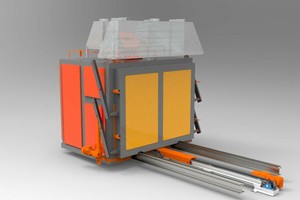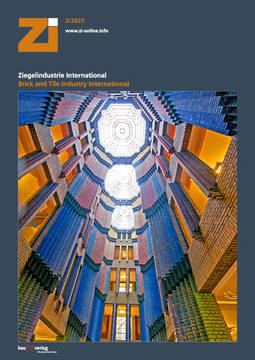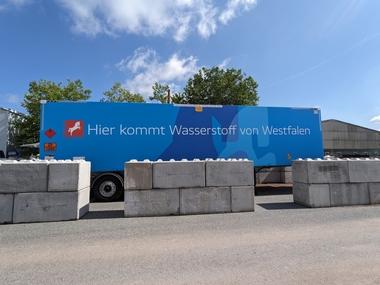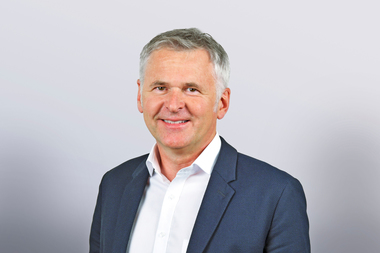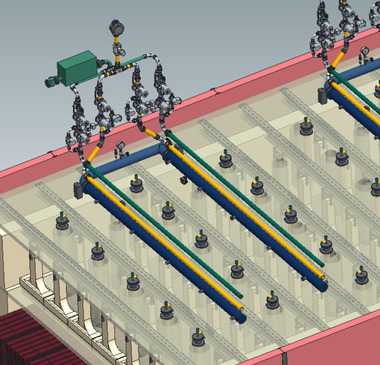Capaccioli kilns and dryers: new solutions with low environmental impacts
Capaccioli presents two of its latest projects developed with the aim of increasing respect for the environment and significantly reducing consumption
The goals laid down in the European Directive on climate neutrality, the so-called “European Green deal”, sets a challenge for all economic and industrial sectors for a carbon-neutral economy by 2050.
The true stars of this ecological transition are businesses called on to contribute to achieving climate neutrality. The road has been mapped out, and technological innovation is certainly an important lever to give new impetus to this development on the part of companies.
Capaccioli has always been renowned for technological innovation, and issues including decarbonisation, the circular economy and energy savings are the keywords for understanding the company’s most recently completed projects and others in progress. The Tuscany-based company has recently worked on the development, industrialisation and production of production systems able to reduce material consumption, with closed cycle production, at the same time reducing CO2 emissions, by eliminating the combustion phase in all types of production processes.
In particular, two of its last projects for the Austrian company Wienerberger and the famous Italian company Trenitalia, involved the operation of lines with kilns and dryers running 100% on electricity, so without combustion.
For Wienerberger, at their production site in Belgium, a static cell brick dryer was installed, heated by electrical heat generators that recover energy from the kiln. The electricity used is supplied by alternative sources that are certified as zero CO2 emitters.
An electrical generator with armoured heaters is used for heating the air. Crossing the armoured heaters at a temperature of 300°C, the process air is heated to a temperature of approximately 140°C before being sent into the drying chamber.
In addition to reducing CO2, this system has led to the complete elimination of NOx (nitrogen oxide), normally present in the fumes produced by gas-powered air duct generators.
Also worthy of note are the pre-heating kilns produced for Trenitalia, heating machines that are fundamental in the metal machining and transformation processes and which fall in the industrial kiln sector. This type of electrical heating kiln with armoured heaters and forced internal ventilation is used to heat metal components that must be coupled by dimensional interference, for example, a shaft and a metal wheel, to complete a railway axle or wagon axle. The use of electrical heaters for heating leads to a reduction of CO2 emissions into the atmosphere, also reducing the oxidation of the processed material.
These innovations, developed for specific products and projects, will also be of benefit to other future projects and products in the Capaccioli range.

